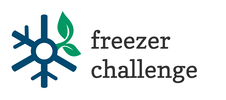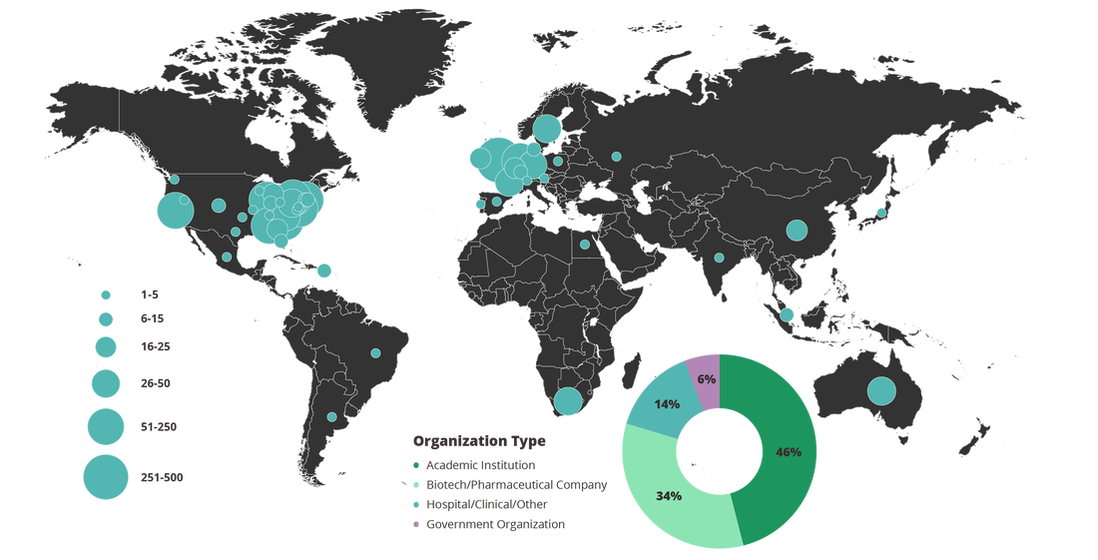The Freezer Challenge is a cold storage competition for laboratories run by the non-profit organizations My Green Lab and the International Institute for Sustainable Laboratories (I2SL).
MISSION:
The International Laboratory Freezer Challenge promotes sample accessibility, sample integrity, reduced costs, and energy efficiency by harnessing a spirit of competition within and between laboratories. Challenge participants use well-evidenced criteria and best practices that support science quality and resilience while minimizing total costs and environmental impacts of sample storage.
VISION:
Efficient, effective sample storage for laboratories around the world.
OBJECTIVE:
The International Laboratory Freezer Challenge utilizes friendly competition to optimize sustainability of freezer management in laboratories. Any type of laboratory is eligible to participate. The Freezer Challenge occurs over a six-month period during which individual labs work at their own pace to implement optimal cold storage management practices. Score sheets are submitted to My Green Lab at the end of the competition. Individual laboratories and organizations are scored against their peers, and the winning labs and and research institutions receive awards.
HISTORY:
Now in its eighth year as an international competition, and the seventh year as a collaboration between My Green Lab and I2SL, the Freezer Challenge continues to motivate laboratories to implement sustainable practices every year. The Freezer Challenge was first envisioned by laboratory sustainability innovator Allen Doyle (then at the University of California Davis, now with 3Flow), and he, along with colleague Dr. Kathryn Ramirez-Aguilar (University of Colorado Boulder) developed the first Freezer Challenge competition that was run at their campuses. After being run several times at the local level, Allen and Kathryn handed the Freezer Challenge over to I2SL and My Green Lab to coordinate it on a wider scale (first as the North American Freezer Challenge, now the International Laboratory Freezer Challenge).
Non-personal, non-identifying data from the Freezer Challenge is recorded for research purposes.
MISSION:
The International Laboratory Freezer Challenge promotes sample accessibility, sample integrity, reduced costs, and energy efficiency by harnessing a spirit of competition within and between laboratories. Challenge participants use well-evidenced criteria and best practices that support science quality and resilience while minimizing total costs and environmental impacts of sample storage.
VISION:
Efficient, effective sample storage for laboratories around the world.
OBJECTIVE:
The International Laboratory Freezer Challenge utilizes friendly competition to optimize sustainability of freezer management in laboratories. Any type of laboratory is eligible to participate. The Freezer Challenge occurs over a six-month period during which individual labs work at their own pace to implement optimal cold storage management practices. Score sheets are submitted to My Green Lab at the end of the competition. Individual laboratories and organizations are scored against their peers, and the winning labs and and research institutions receive awards.
HISTORY:
Now in its eighth year as an international competition, and the seventh year as a collaboration between My Green Lab and I2SL, the Freezer Challenge continues to motivate laboratories to implement sustainable practices every year. The Freezer Challenge was first envisioned by laboratory sustainability innovator Allen Doyle (then at the University of California Davis, now with 3Flow), and he, along with colleague Dr. Kathryn Ramirez-Aguilar (University of Colorado Boulder) developed the first Freezer Challenge competition that was run at their campuses. After being run several times at the local level, Allen and Kathryn handed the Freezer Challenge over to I2SL and My Green Lab to coordinate it on a wider scale (first as the North American Freezer Challenge, now the International Laboratory Freezer Challenge).
Non-personal, non-identifying data from the Freezer Challenge is recorded for research purposes.



